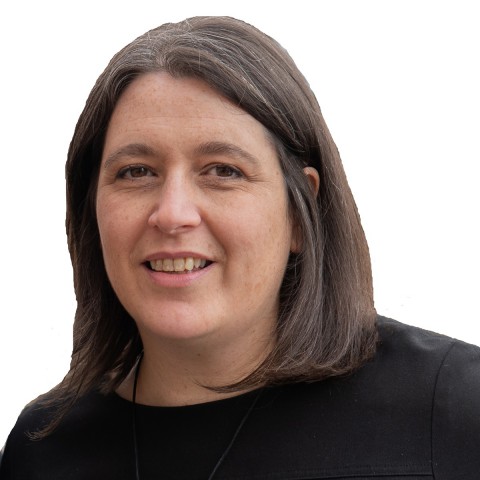Doctor of Education EdD


You are viewing Course summary
Course Summary
The EdD is for professionals working in schools, universities, educational businesses, agencies or voluntary bodies who would like to research into any aspect of pedagogy, teaching or learning.
Education, pedagogy, teaching and learning continue to be at the forefront of cultural debates, since they help us understand our identities and values as a society. Our EdD is designed to support graduate professionals working across the education sector to conduct original doctoral research in this continually changing field.
You will study under the guidance of our team of active researchers who have international reputations in their field and who will support you throughout the course.
You will undertake taught modules that are delivered over six weekends each year to fit in with the busy schedules of working professionals. Evening seminars, workshops and conferences are held regularly to supplement the course; some weekend sessions are taught in situ, such as the creative education workshops in the galleries at Tate Liverpool.
What You'llStudy
Our six taught modules focus on the theory and practice of professional work in education, and cover research methodologies, social theory, creative and cultural practices, and education philosophies. The course culminates in the thesis: an extended research project into an aspect of your professional work, which may be partly practice-based.
You will study as a member of a supportive peer group, and will be encouraged to develop distinctive themes for research grounded in your own professional practice.
The assessment of taught modules comprises written and practical assignments based on small-scale research projects. The final assessment is based on your doctoral thesis and viva. Creative practices may form part of your thesis.
Contact hours are 20 per taught module. You will also be expected to undertake 400 hours’ private study per taught module, and 3,000 hours for the thesis.
Entry Requirements
Normally students will have completed a Master’s degree before enrolling on the Education Doctorate, and will be (or have been) working in an educational context.
Normally students will have completed a Master’s degree before enrolling on the Education Doctorate, and will be (or have been) working in an educational context.
See below for your country specific requirements. Please note, some programmes have special entry requirements and if applicable, these are listed below.
English Language Requirements
For more information on our English Language requirements, please visit International Entry Requirements.
Fees and Funding
£2,503per year (2025/26)
The tuition fees for home students studying the Doctor of Education (EdD) in 2025/26 are £2,503 per year.
£7,542per year (2025/26)
Fees for International students studying this part-time course in 2025/26 are £7,542 per year.
For more information, go to our International Fees, Scholarship and Finance section.
Irish Nationals living in the UK or ROI are treated as Home students for Tuition Fee Purposes.
Your course will involve additional costs not covered by your tuition fees. This may include books, printing, photocopying, educational stationery and related materials, specialist clothing, travel to placements, optional field trips and software. Compulsory field trips are covered by your tuition fees.
The University of Chester supports fair access for students who may need additional support through a range of bursaries and scholarships.
Full details, as well as terms and conditions for all bursaries and scholarships can be found on the Fees and Finance section of our website.
Your Future Career
Careers service
The University has an award-winning Careers and Employability service which provides a variety of employability-enhancing experiences; through the curriculum, through employer contact, tailored group sessions, individual information, advice and guidance.
Careers and Employability aims to deliver a service which is inclusive, impartial, welcoming, informed and tailored to your personal goals and aspirations, to enable you to develop as an individual and contribute to the business and community in which you will live and work.
We are here to help you plan your future, make the most of your time at University and to enhance your employability. We provide access to part-time jobs, extra-curricular employability-enhancing workshops and offer practical one-to-one help with career planning, including help with CVs, applications and mock interviews. We also deliver group sessions on career planning within each course and we have a wide range of extensive information covering graduate jobs and postgraduate study.











